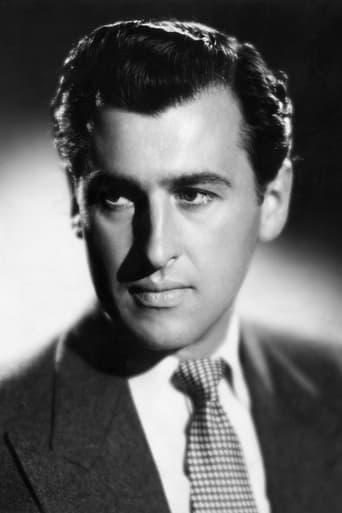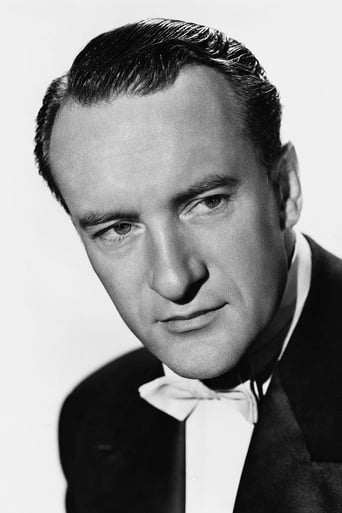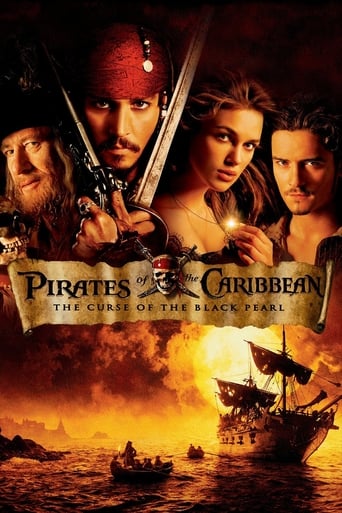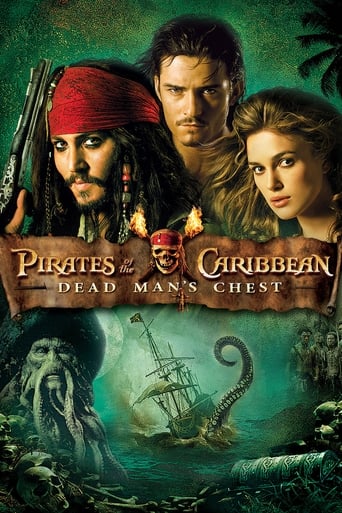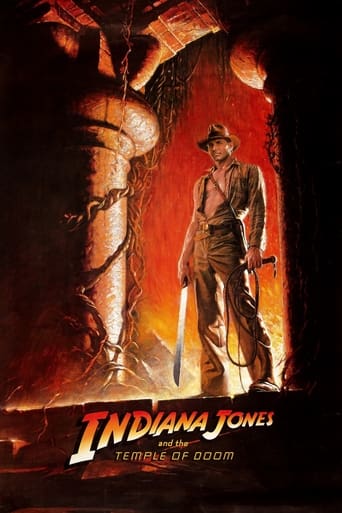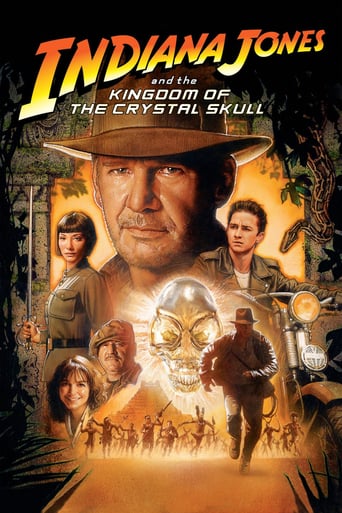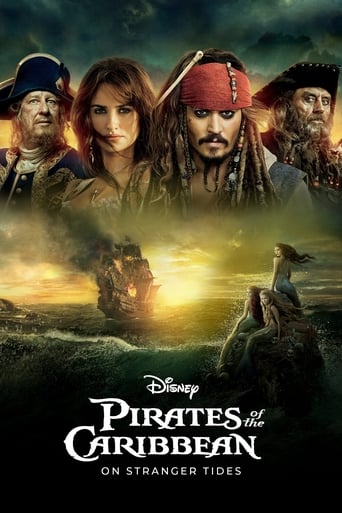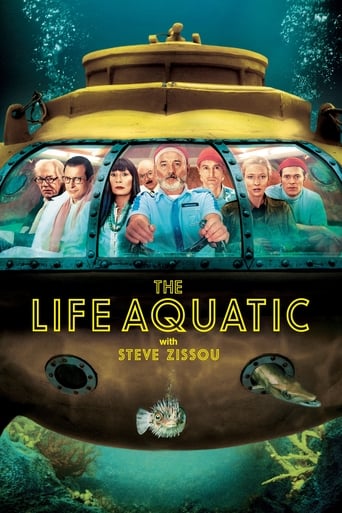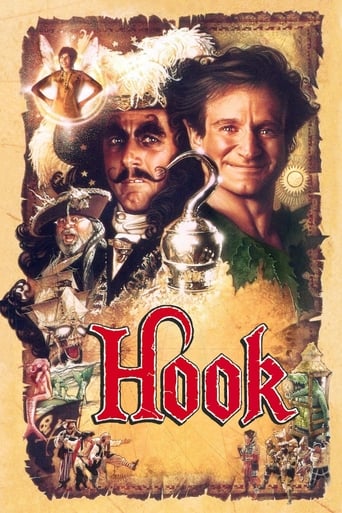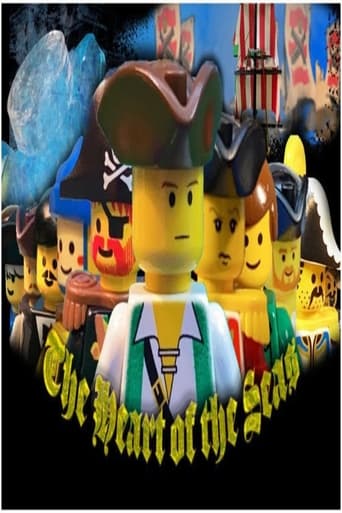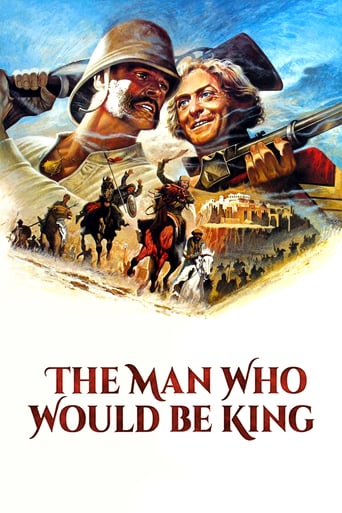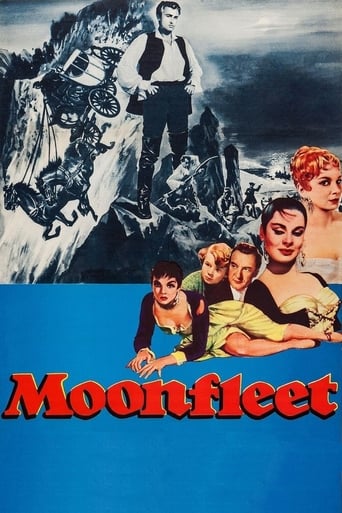
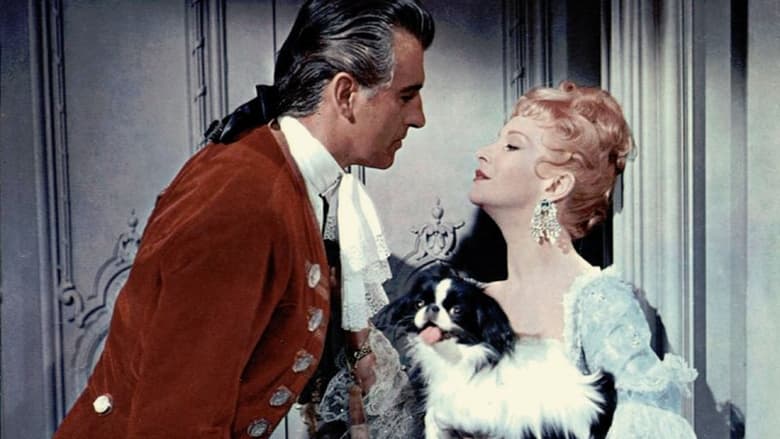
Moonfleet (1955)
Set in the eighteenth century, Moonfleet is about John Mohune, a young orphan who is sent to the Dorset village of Moonfleet to stay with an old friend of his mother's, Jeremy Fox. Fox is a morally ambiguous character, an elegant gentleman involved with smugglers and pirates.
Watch Trailer
Cast


Similar titles
Reviews
MOONFLEET, a swashbuckling tale of smuggling and conspiracy, is based on a historical adventure novel of old. It's all but forgotten today, which is a pity as this is a fairly good, if old-fashioned movie. Instead of focusing on the usual derring-do and feats of heroism, the focus of the movie is a relationship between an innocent young boy and one of the most feared smugglers working the coast.What follows offers twists-aplenty, steadfast direction from seasoned professional Fritz Lang, and some colourful costumes. The locales are well drawn and the characters are fun to watch. Stewart Granger is, as usual, slightly arrogant and stand-offish, but it's youthful Scots actor Jon Whiteley who holds it all together as the boy. He's not your usual whining/crying little screen kid, instead a tough and resourceful character whom it's impossible to dislike.MOONFLEET works some great set-pieces into its running time, from the lightning strike in a creepy graveyard to the subsequent hunt through smuggling dens and old crypts. The action, although limited, is jolly, and the twist ending is particularly fine, something I didn't spot coming at all. MOONFLEET is no classic but fans of classic cinema will enjoy it.
Moonfleet (1955)A Fritz Lang oddity. If you are an admirer of this director's best movies (there are several knockouts), then you might want to plod through this one just to see his range. But it's basically aimed at young people with some adult threads, a variation on a Treasure Island or Kidnapped theme (Robert Louis Stevenson, that is), and it's fairly limited in its emotional range and in its plot.It's not that it's poorly made. In fact, for an early leap into widescreen color it has a lot of very dark night shooting that works well, and basically does what it intends. The problem is that it doesn't seem to intend to engage an adult with much intensity, and I'd have to guess it also lacks the magic and adventure a child needs, too. There's almost a pirate version of Bronte going on here--the old family mystery, the conversations between outcast members of a storied family, and so on.It doesn't help that the child star is stiff and unsympathetic at times, even when he gets in deep trouble. He's not so cute, or so lively, or so daring as a child star ought to be. (This reminds me of the lead in "Shane," who also deadens that film.) There are a couple of actors I usually appreciate a lot, like the great George Saunders who is fine here but rather by the book, and Viveca Lindfors who is the little known import who I often really like beyond her small reputation, and who here is also playing it straight. Too straight.Suspense? Absent. Even mystery about the plot (the missing diamond) is a bit unmysterious. Why? Why all the restraint and routine playing out of fairly common conflicts?All in all a strange entry in Lang's canon. If you have other options I'd skip this one. Or see a few minutes if you are curious and then be assured, it doesn't get much different, or better, as it goes. And start to ask what it is about the business of movie-making that leads directors with the intensity and originality of Fritz Lang into this kind of vehicle. Which, by the way, lost money on its substantial budget.
Little B-pictures like this don't tend to have a lot going for them. There is much about Moonfleet to indicate it comes from the lower end of studio output – a now-obscure adventure novel as its source text, minimal sets, outdoor scenes on the back-lot, garish costume design and Fritz Lang in the director's chair. Not that Lang was a bad director – far from it – but he was never allowed to get his hands on anything prestigious during his Hollywood years, and his name in the credits is as good as sign of "cheap and cheerful" as any. However the great thing about movie-making is that inventiveness and flair cost nothing, and these are things Lang had by the bucketful.The daunting and adventuresome spirit of the novel really seems to have inspired Lang, and from the offset he fills the screen with the kind of disturbing imagery that he always did so well – a nightmarish stone angel, hands appearing out of the earth, a hanged criminal creaking in the breeze, all shot with a painterly precision that heightens their macabre impact. Also integral to Lang's approach is the way he utilises the barren sets to create stark empty spaces in his shots. A great example is when Stewart Granger first appears. Lang has the camera track back, gradually opening out the space, which is all the more effective because the shots leading up to that moment had very close, tight compositions. Many of the compositions have some conspicuous empty space or distant vanishing point, and the whole picture acquires this desolate feel, as if we are a long way from law, safety and normal civilization. So what has this to do with the story? Well, it's very simple for feelings of fear and unease to flip over into ones of excitement. It's that fine line between the creepy and the thrilling that really brings the adventure plot to life. Lang even places us squarely inside the sense of danger with point-of-view shots in the scene where young Jon Whitely is hiding from the smugglers in the crypt.One of the biggest holes in these low-budget productions was often the cast, but while none of the performances in Moonfleet is exactly outstanding, there is a good balancing out of adequate ones. Whitely, Granger and the ubiquitous George Sanders give restrained and naturalistic turns, each convincing and never too exuberant. Granger in particular keeps things at a steady pace, and succinctly shows his character's conflicting emotions through subtle changes in his face. On the other hand we have some gloriously expressive and theatrical performances from various bit players, keeping up that slight unworldly tone, but only in roles which are small enough that they do not threaten to unbalance the picture. The stand-out among these latter players is Alan Napier as the fire-and-brimstone pastor, who gets one brief yet riveting appearance.Moonfleet also happens to be one of a number of pictures from the 1950s which it appears would later be reference points in the Indiana Jones movies of the 1980s. Specifically, the afore-mentioned crypt scene reminds me of the opening of Last Crusade, in which the teenage Indy spies on a gang of treasure-hungry hoodlums. The underground burial chamber is also reminiscent of the Venetian catacombs from later in the same movie. Although these similarities could be coincidental, it is perfectly believable that Moonfleet would fire the imagination of a nine-year-old Steven Spielberg and sear itself into his brain, all testament to the powerful imagery and keen sense of adventure that transcends its low-budget roots.
In anticipation for watching this movie, I pulled my "Children's Adventure" novel of "Moonfleet" down from the shelf and read it through. It's a cracking book, scarier, more realistic and certainly more involving than this Hollywood bowdlerisation, which pays scant heed to the narrative, introduces to the fore completely new characters - personified by the Granger/ Sanders / Greenwood triumvirate and basically allows the rest of the book's characters their names and almost nothing of their literary attributes. Of course there's a dash of sexiness too (for example, our first sight of Granger as the debonair but decadent Jeremy Fox is to the backdrop of a sexy gypsy dancer shaking her stuff up close and personal) but the screenplay suffers from a bittiness in trying to accommodate this with the main narrative thrusts of the book (the search for Mohune's diamond, the smuggling backdrop) but ultimately fails its source by a long way. Granger's jealous girlfriend, for another example, betrays him to the magistrate Maskew and then promptly disappears from view thereafter, to be replaced by the manipulative playgirl wife of the equally scheming but unwittingly cuckolded Lord Ashwood character played straightforwardly by an ageing George Sanders. The story which does emerge on the screen is still passable however and gets from start to finish tidily enough, concluding with Granger's sentimental / noble (you decide) sacrifice for his young protégé John Mohune (Trenchard in the novel)and the acting is fair to middling, no more than that. The child acting the young John Mohune character occasionally gets on your nerves as most Hollywood children do but by the end of the film, his presence is tolerable in a Mark Lester sort of way. As for the great Fritz Lang at the helm, you'd hardly know it, apart from one great shot near the start as the young boy comes around from unconsciousness to be greeted by a host of eerie faces crowding the camera lens. It's fair to say the film starts out in a darker vein than it finishes and is the poorer for the compromise, in the end playing like any number of real-life Disney-type adventures "Swiss Family Robinson", for example, here today, gone tomorrow in terms of entertainment value and for me slightly demeaning for a director of Lang's undoubted stature.


